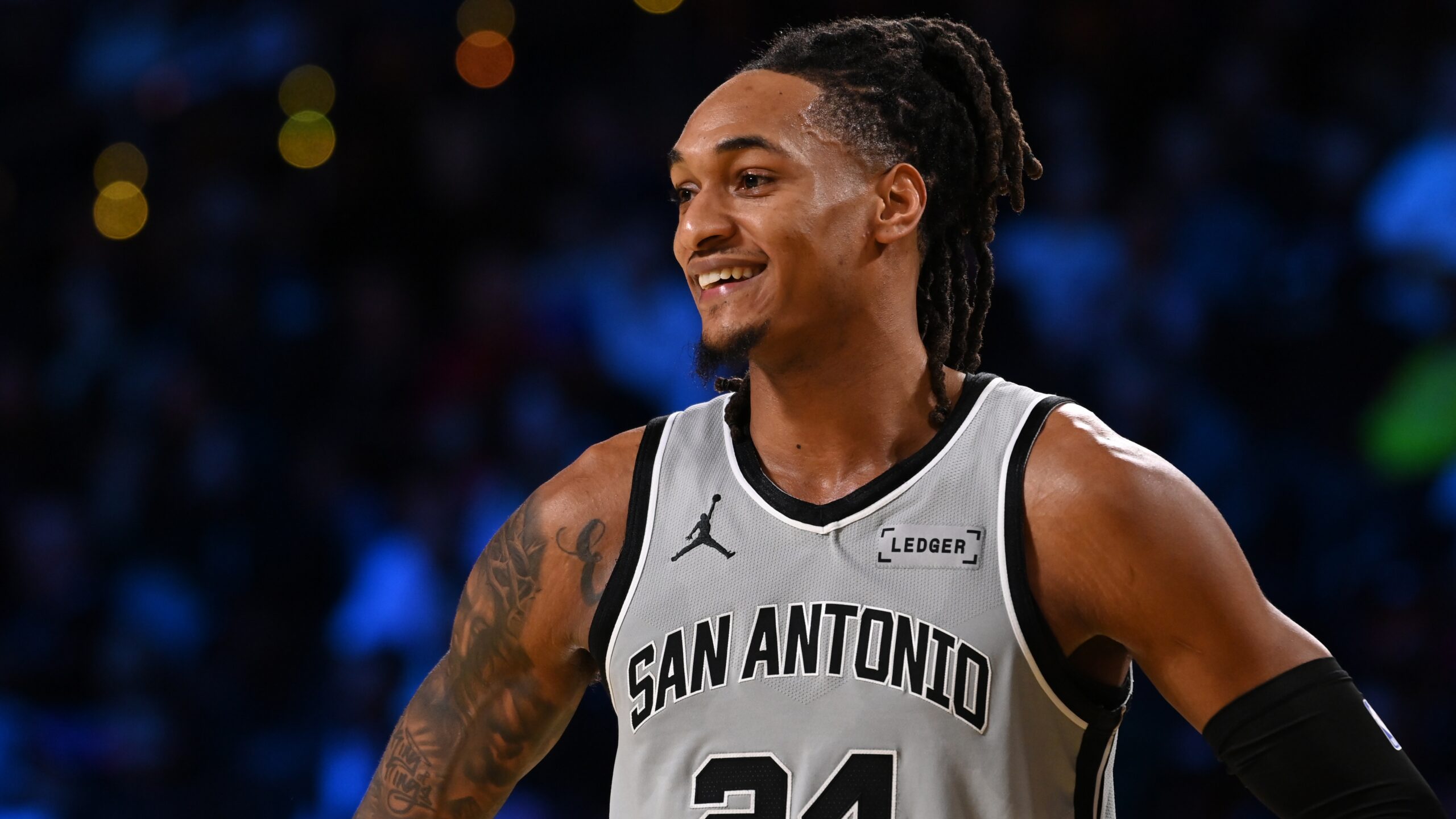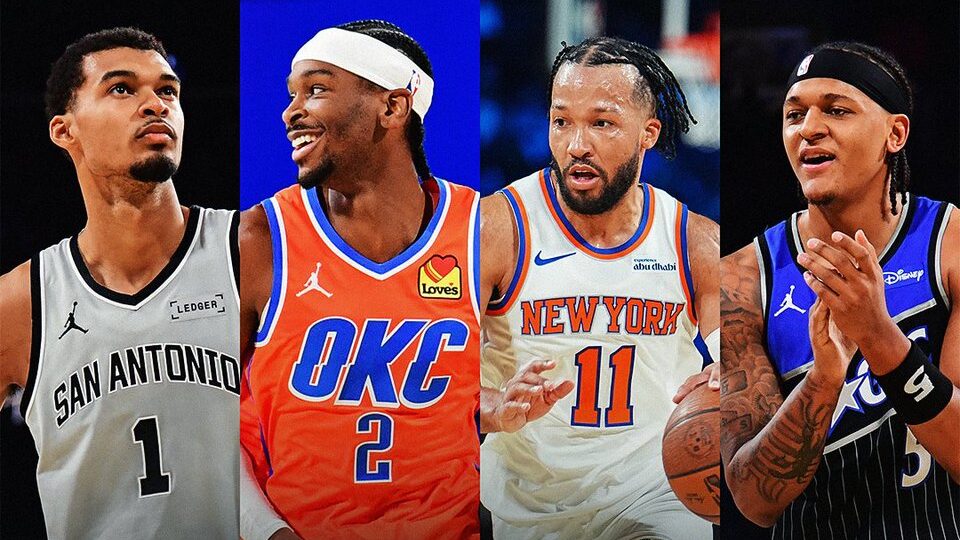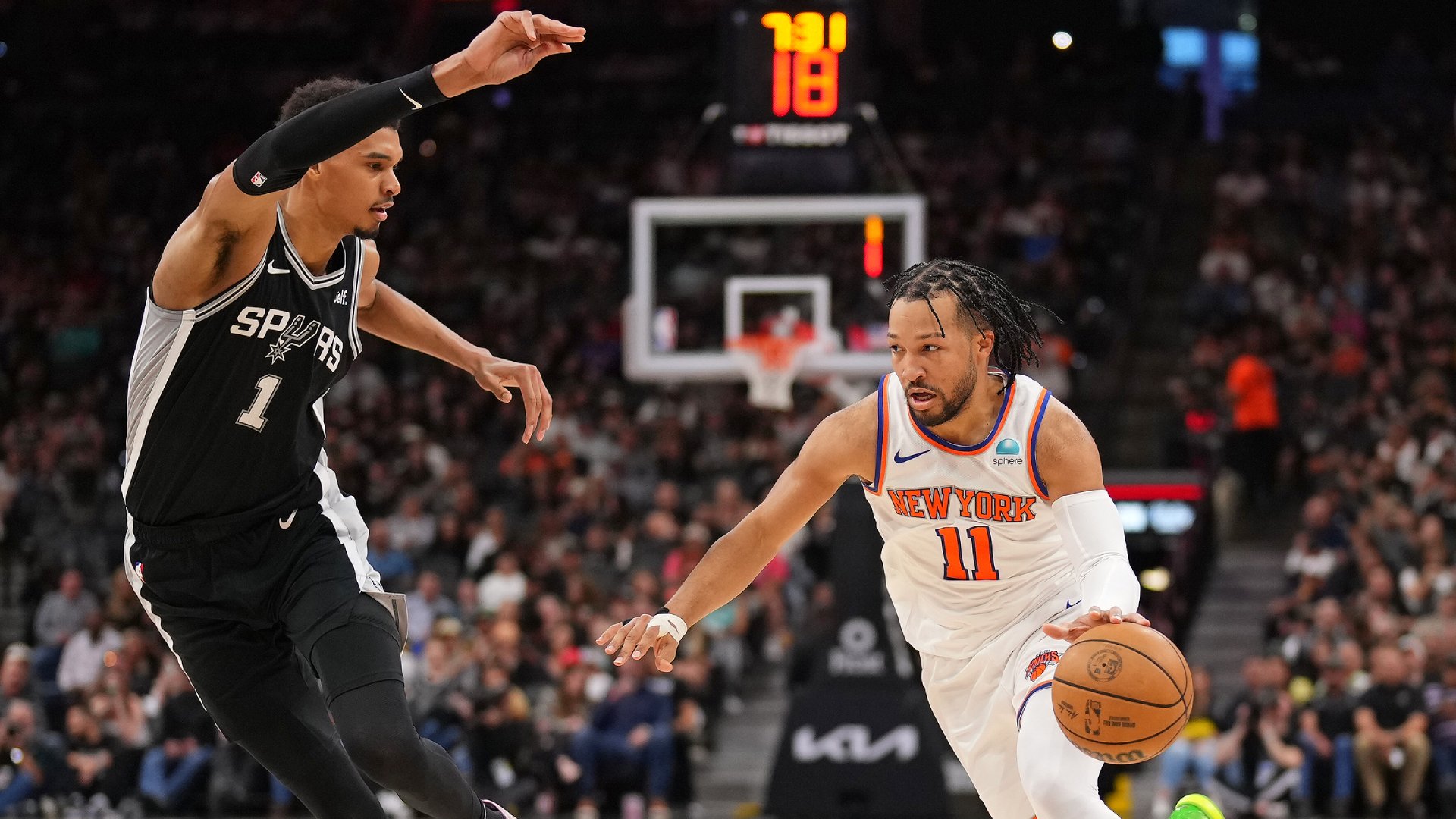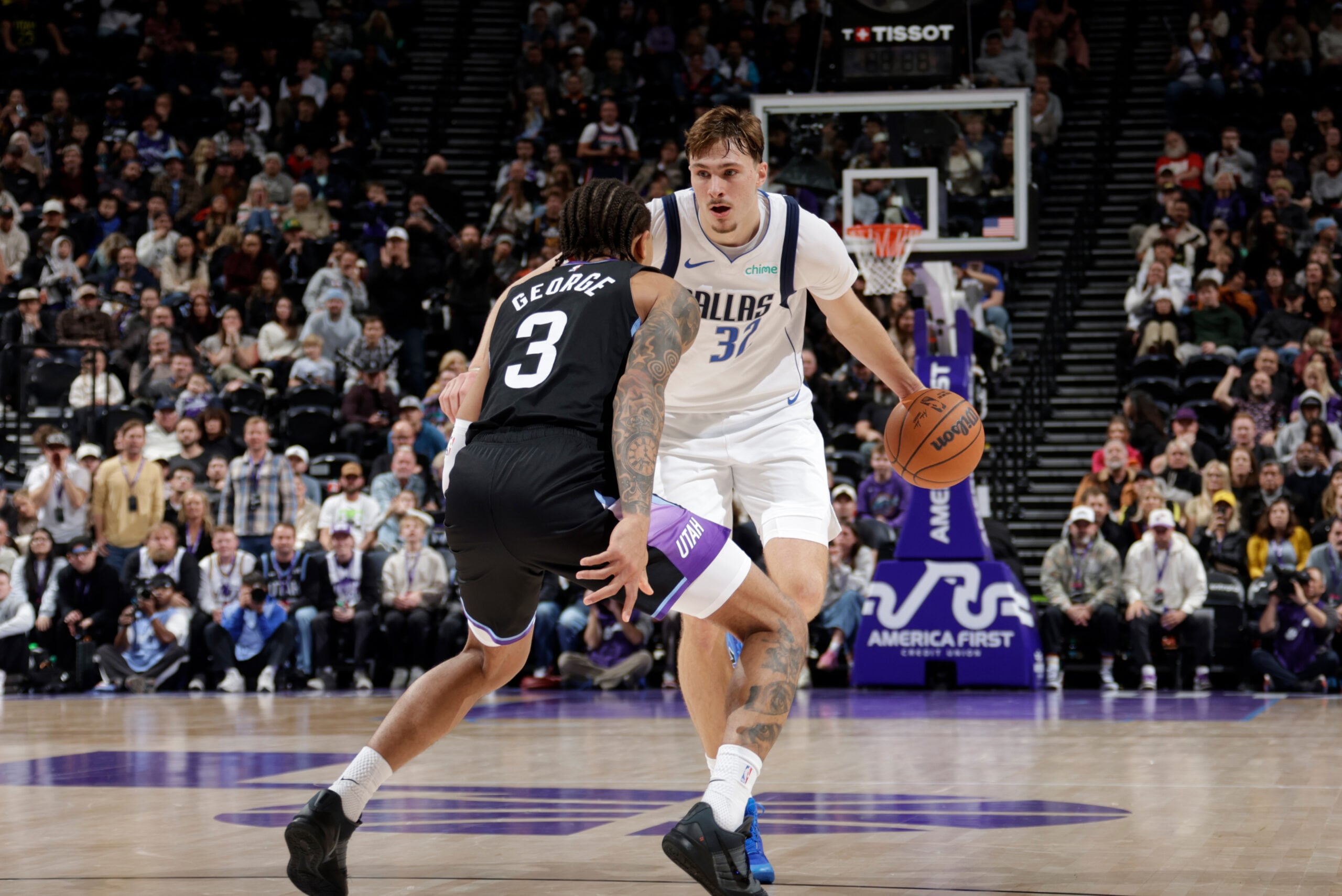NEW YORK – With NBA training camps underway, preseason games set to begin next week and the 2017-18 regular season opening on Oct. 17, it was inevitable that NBA Commissioner Adam Silver would be drawn into the controversy over protesting NFL players, perceived disrespect to the American flag and kneeling during the national anthem as a way of heightening awareness of alleged social ills.
Some of what Silver said, during a media session Thursday after the NBA’s annual autumn Board of Governors meetings, was simple and straight-forward. His league has a rule on the books that requires players to stand and “line up in a dignified posture along the sidelines or on the foul line” during the anthem.
“It’s been a rule as long as I’ve been involved with the league, and my expectation is that our players will continue to stand for the anthem,” Silver said.
Asked if there would be a penalty if a player or team were to violate that rule, Silver said: “All I can say is if that were to happen, we’ll deal with it when it happens.”
He mentioned players linking arms while standing, which might be what some fans see as NBA games begin.
While athletes and some segments of sports fans have acted recently to inject politics into sports on more than an occasional basis, Silver spoke fondly of the days not long ago when basketball, football and the like were kept largely politics-free, a demilitarized zone that appealed to fans across ideologies.
“Sports historically, and in the NBA in particular, has been a unifying force,” Silver said. “While there’s always been disagreements in society, sports arenas have been places where people from all walks of life have come together and for a common experience.”
But since former NFL quarterback Colin Kaepernick’s decision in 2016 to kneel during the anthem to protest what he felt was racism in lethal encounters between police officers and black citizens across the U.S., politics has reared its head in the sports world repeatedly. The Presidential campaigns leading up to the election in November were polarizing, and Donald Trump’s unexpected victory dialed up the rhetoric, which dialed up some of the responses to it, and so on.
Never mind Trump’s social media salvos about NFL players – the NBA got drawn into an online skirmish over what began as the Golden State’s reluctance to make the now-traditional visit to the White House stemming from several Warriors’ dislike of the President. Trump reacted, “withdrawing” an invitation and citing guard Stephen Curry as the reason. That drew the wrath of Cleveland’s LeBron James, who sent out a tweet addressing Trump as “U bum.”
James was critical of the POTUS during interviews at the Cavaliers’ media day Monday, even saying that voters who favored Trump – who took Ohio by a 51-43 margin over Hillary Clinton – either “made a mistake” or were “not educated” when they cast their ballots.
That same day, San Antonio coach Gregg Popovich contended without challenge from any media members present – and without mentioning Trump by name – that racism remains a widespread and virulent part of American society and that “white privilege” is to blame for many current ills.
Given that 16 of the NBA’s 30 franchises operate in states that were won by Trump in November (13 are located in states carried by Clinton, with Toronto in the “neither” category), Silver was asked if remarks like James’ or Popovich’s risked insulting as much as half of the NBA’s fan base. That could be bad for business, after all, if NBA customers reacted the way many NFL fans contend they are in viewing and attending fewer pro football games.
But Silver didn’t answer the way a proprietor of a pro basketball league might, stuck between pleasing his customers while not sparking a mutiny among the players.
Instead, he went bigger picture.
“I have a general concern as a citizen that there’s a huge gap – call it a gulf – in our society right now, and it’s incredibly divisive,” he said. “And I believe this league can play a role in attempting to unify people.
“By the way, I should add I have a concern as an American how divided our country is,” the commissioner continued. “We don’t live in isolation. We’re a country that faces extraordinarily difficult, complex global issues, and the fact that we’re so divided puts us at a huge disadvantage on the global stage.”
Silver reminded his audience Thursday – the news conference was carried live on NBA TV – that NBA players and coaches have the same freedom-of-expression rights as other Americans. Of course, few are questioning whether the NFL players have the right to protest (within any rules or the preferences of their team owners and league executives). They have a right to burn the flag if they so choose.
What some are questioning, though, is whether those players are right to do so. Kneeling during the anthem and in front of a U.S. flag is considered disrespectful by many sports fans. It risks alienating an audience, especially if done without any constructive steps to follow.
I have a general concern as a citizen that there’s a huge gap – call it a gulf – in our society right now, and it’s incredibly divisive. And I believe this league can play a role in attempting to unify people.
NBA Commissioner Adam Silver
That’s where Silver believes the NBA can move the debate along to something besides posturing. He said he was proud of players who in the past “have found ways to make meaningful change in their communities and work toward social justice.”
The NBA helped orchestrate last year, for example, a series of meetings between police chiefs, youth organizations and communities, which comes close to addressing Kaepernick’s initial protest.
James said Monday in Cleveland that “my voice is more important than my knee.” Silver sounded as if he agreed, supporting players who take active parts in initiating changes rather than simple gestures in a crowded arena without follow-through.
“It is my hope … with NBA players that given the platform that they have, whether it’s the regular engagement they have with the media, whether it’s social media, whether it’s other opportunities they have to work in the communities, that they have those opportunities for their voices to be heard,” Silver said. “Then to act on those voices.”
Silver brought up the demographics that about 25 percent of NBA players are foreign-born. Yet standing for the anthem never has been an issue for them.
“It’s always been an opportunity in our arenas for both teams to come together and have a moment of reflection,” the NBA commissioner said. “Clearly for the non-American players, it’s not necessarily a moment of patriotism for the United States, but it’s about respect. It’s about respect for the country they play in. It’s about respect for the principles that underlie this country.
“It doesn’t necessarily mean that everyone agrees at any given point with what’s happening in their country.”
Steve Aschburner has written about the NBA since 1980. You can e-mail him here, find his archive here and follow him on Twitter.
The views on this page do not necessarily reflect the views of the NBA, its clubs or Turner Broadcasting.







